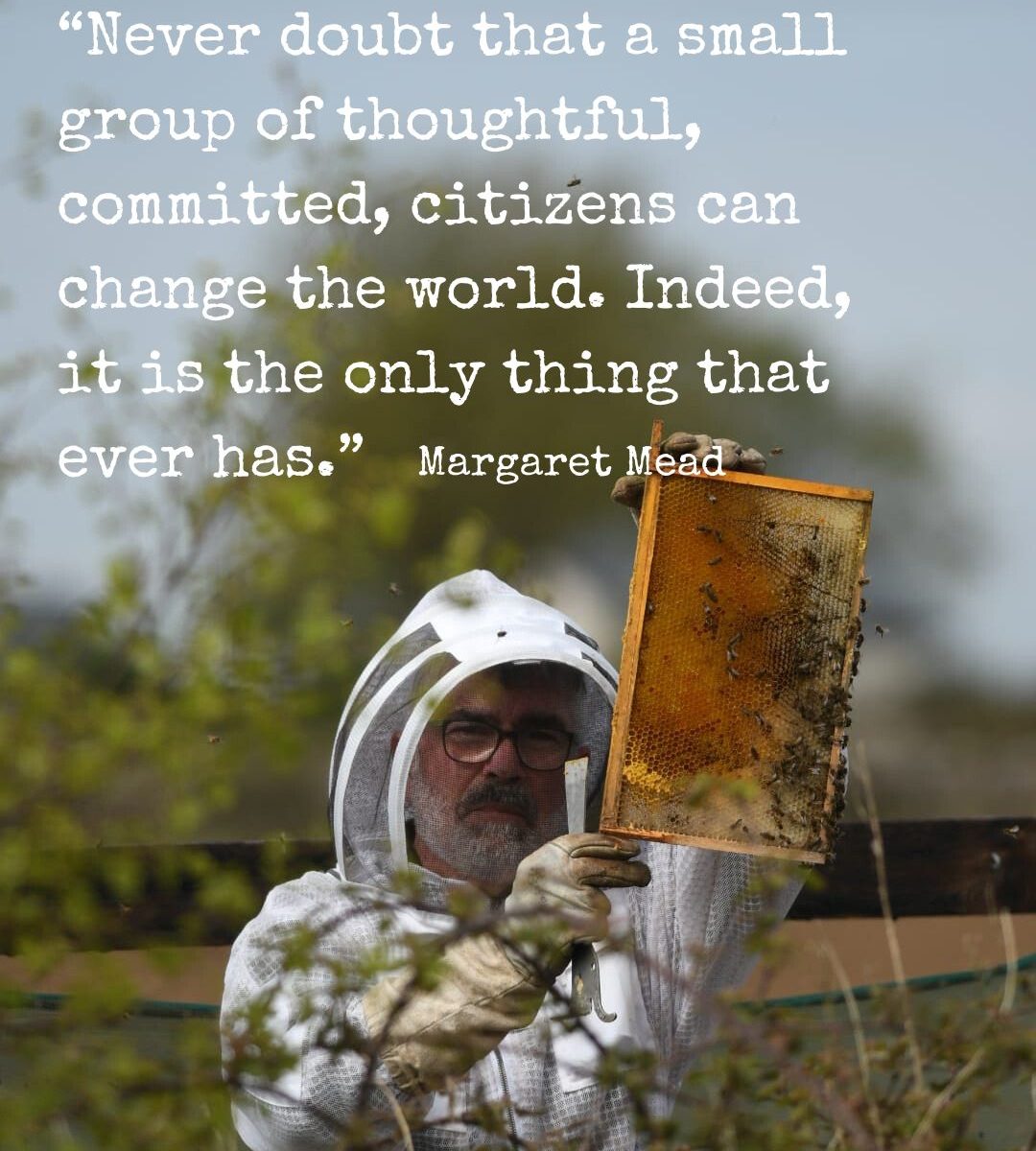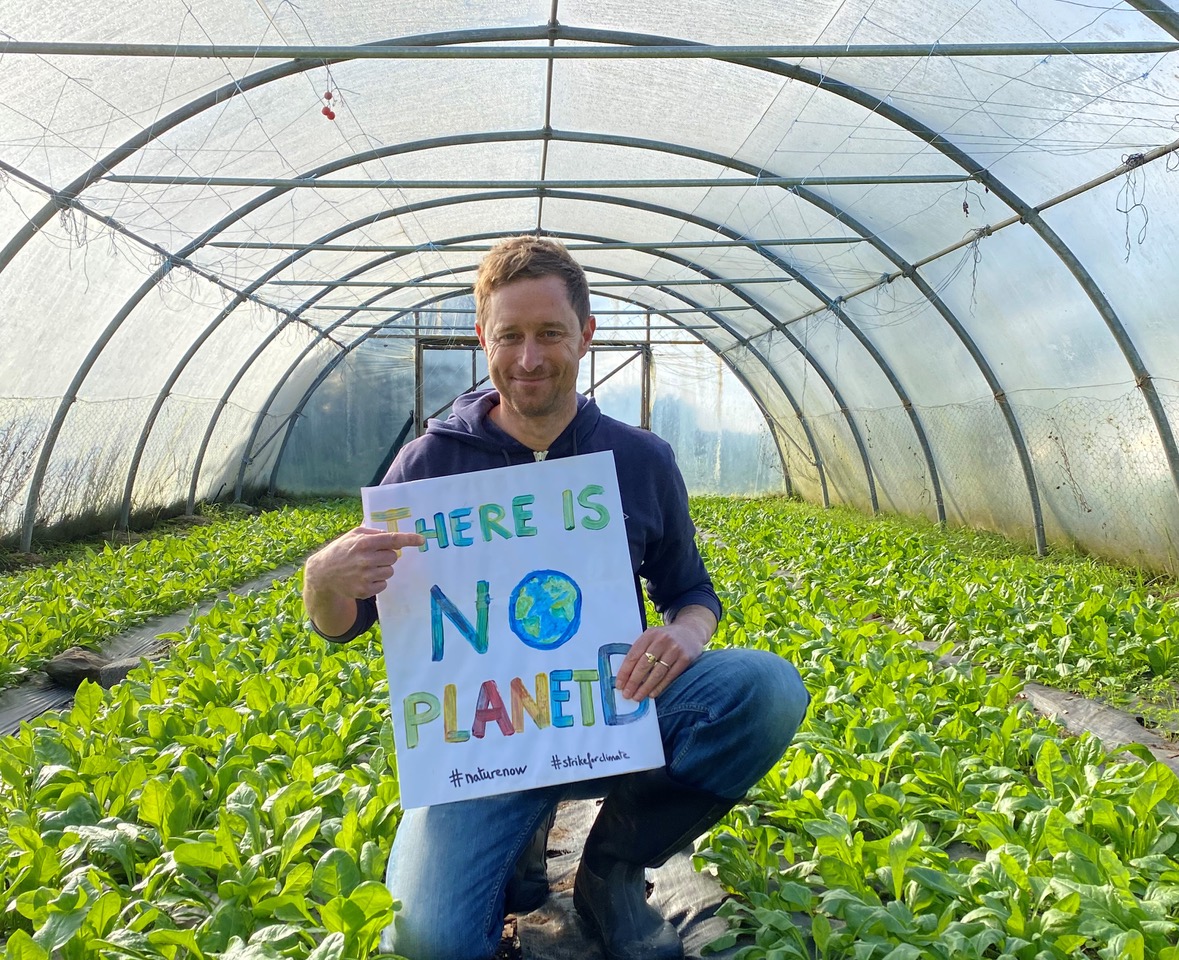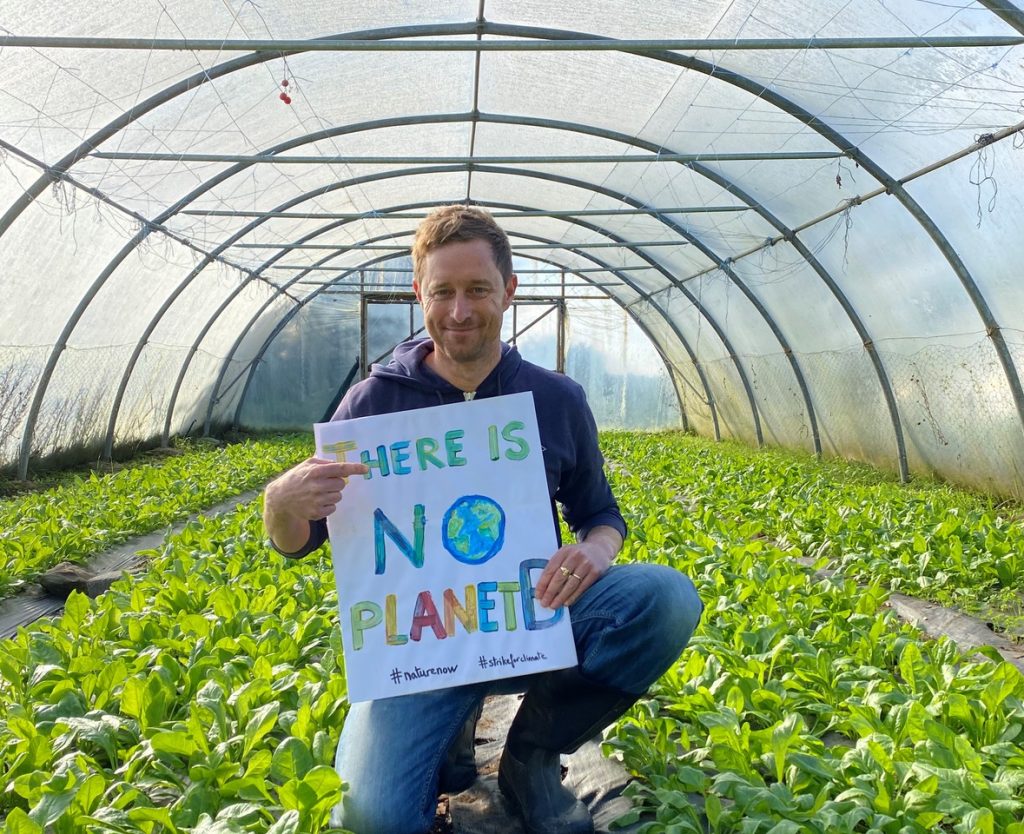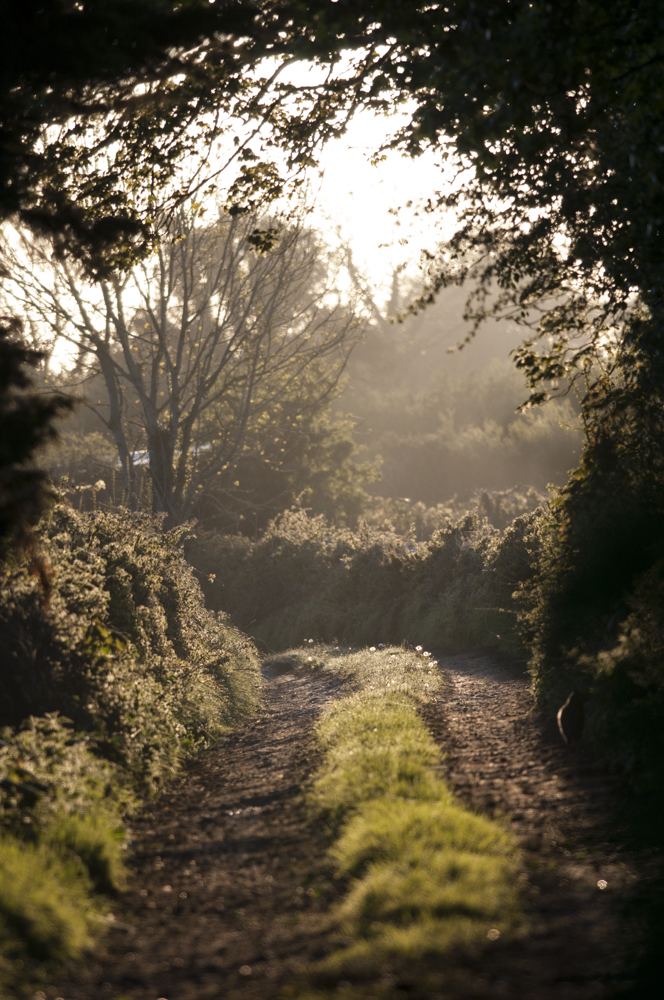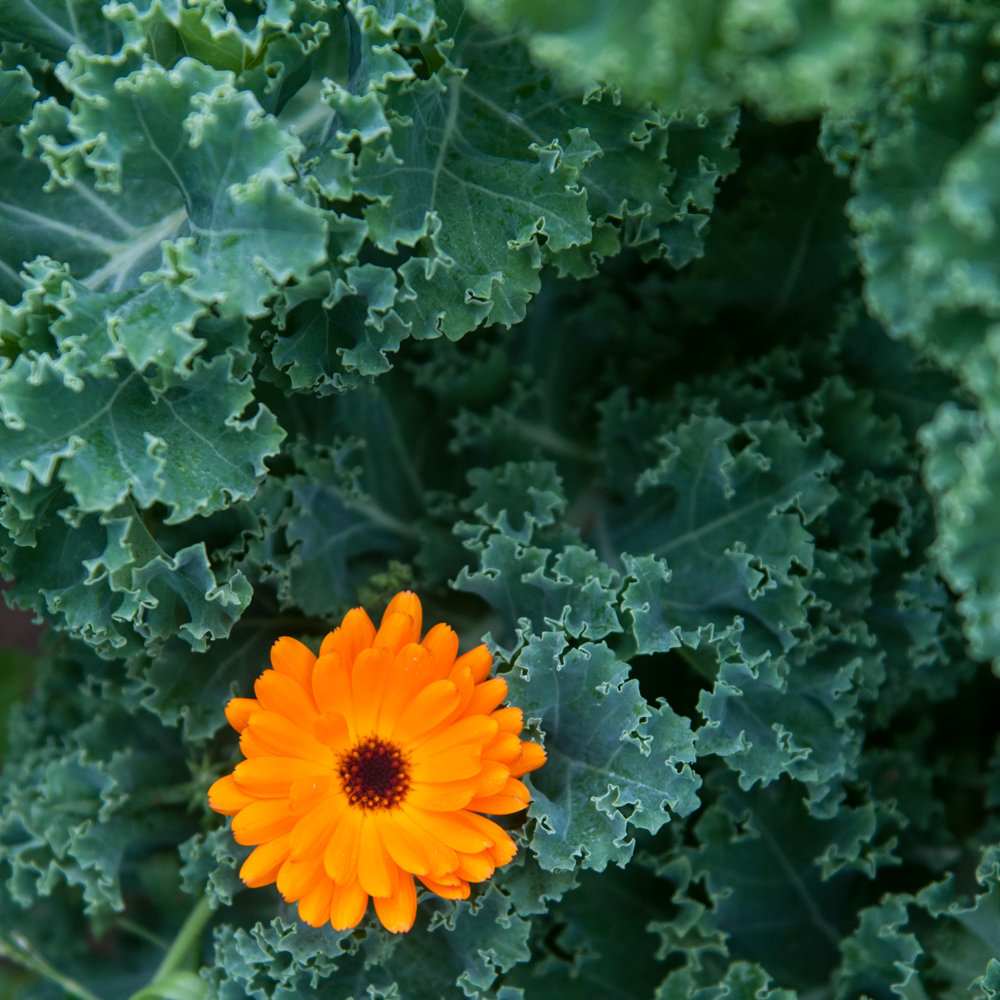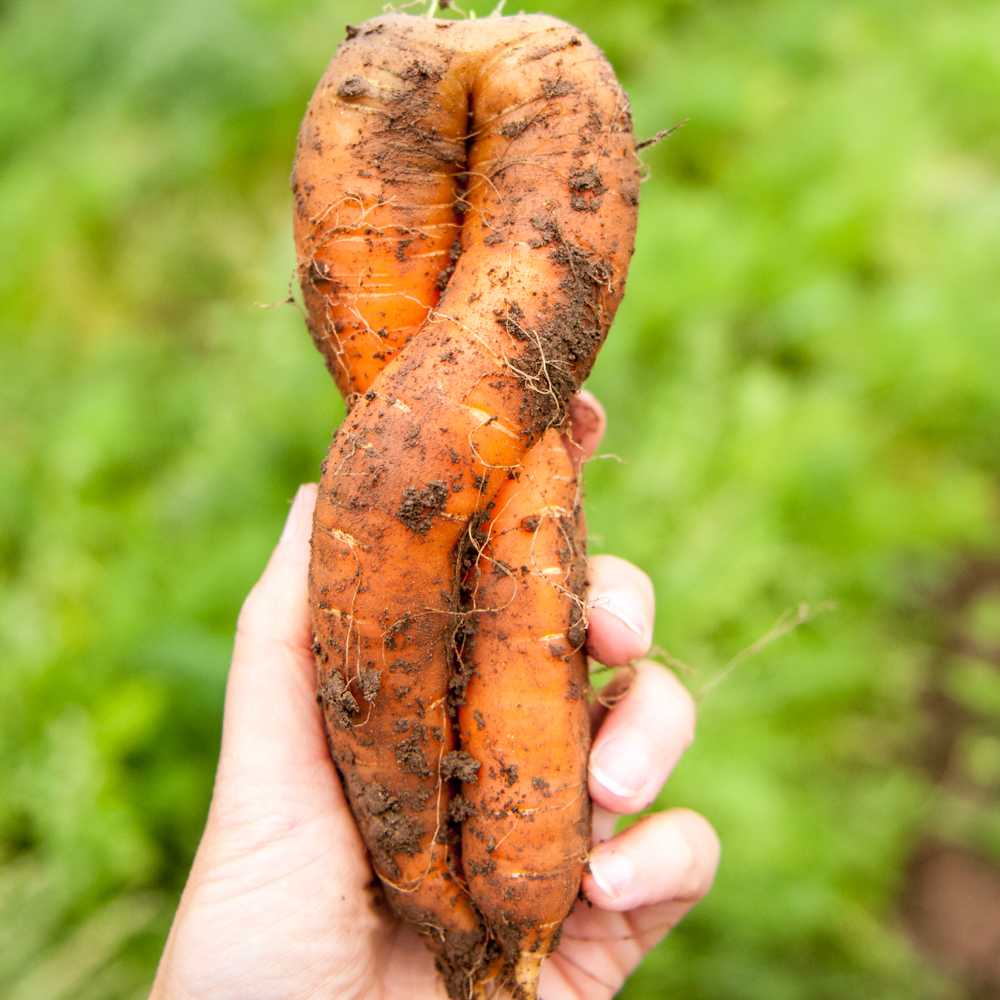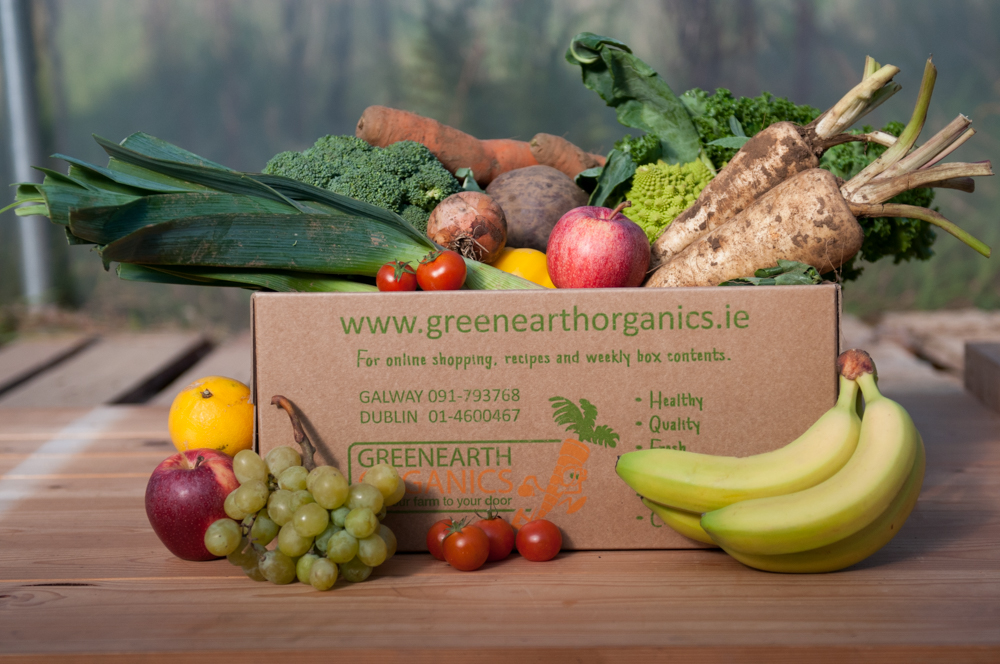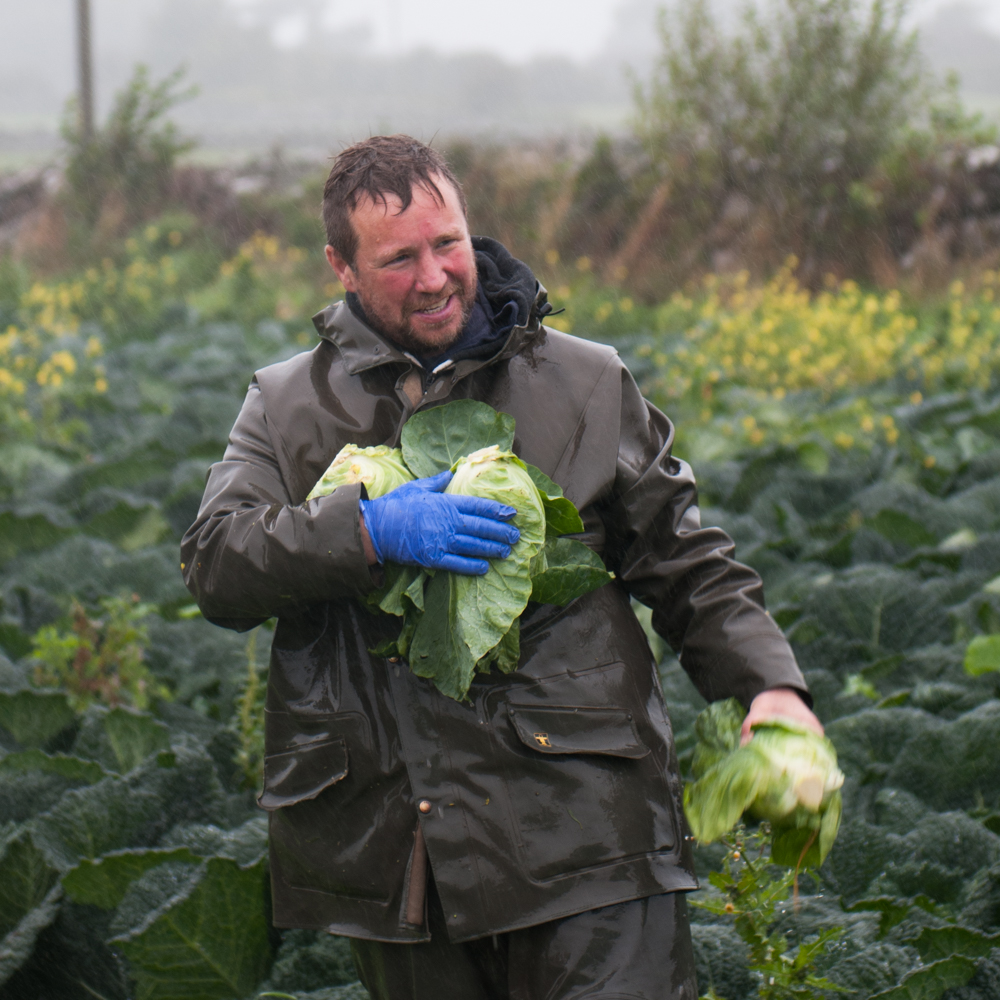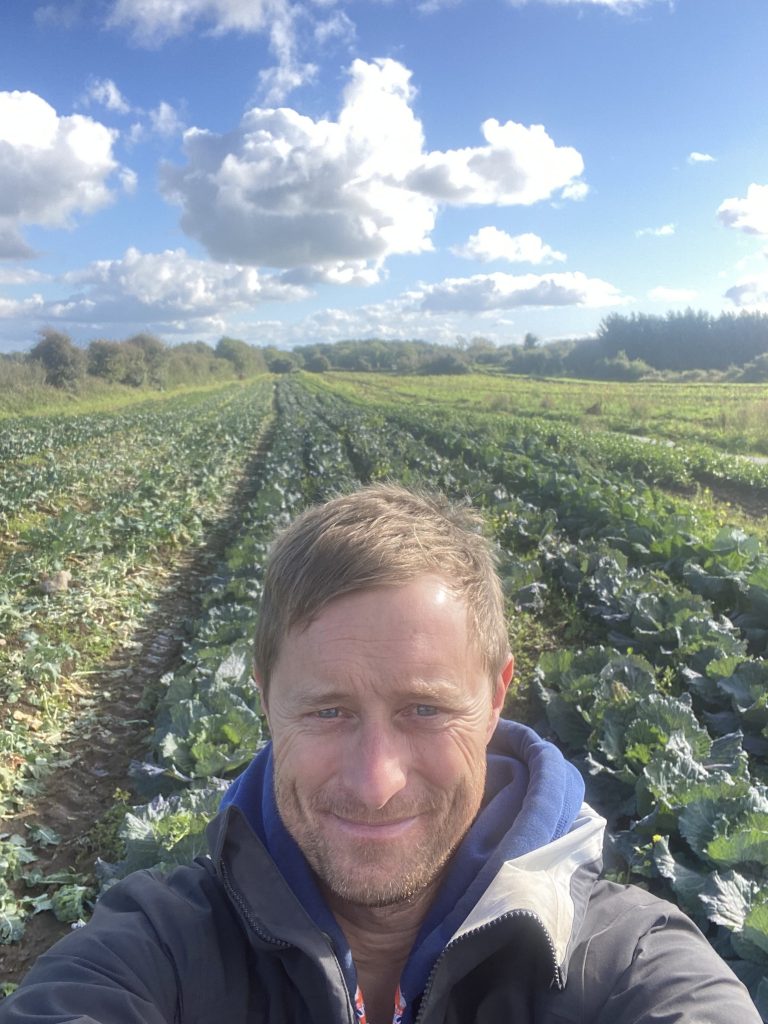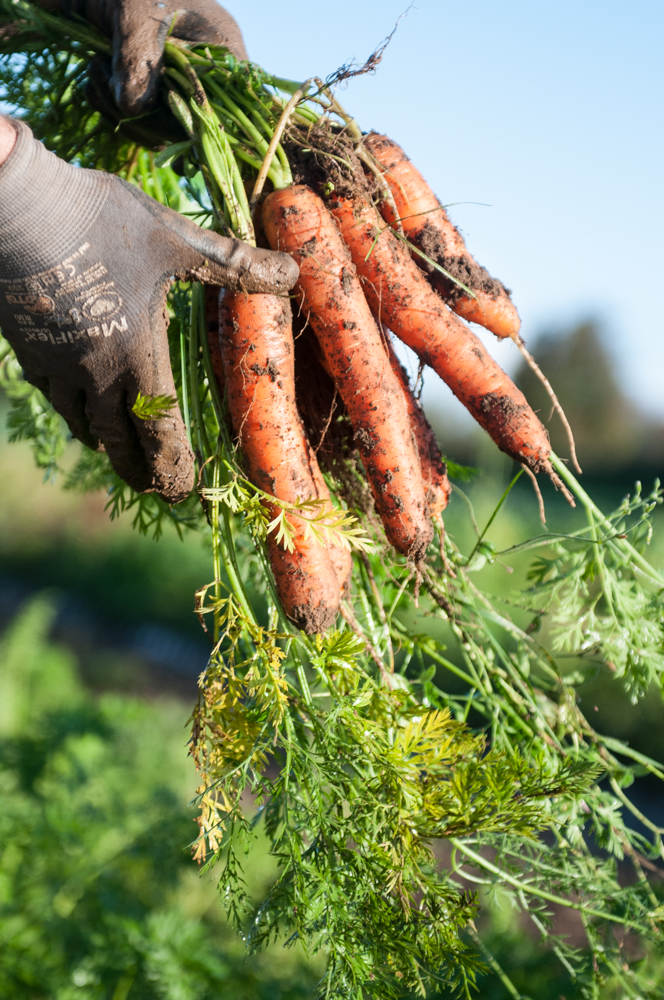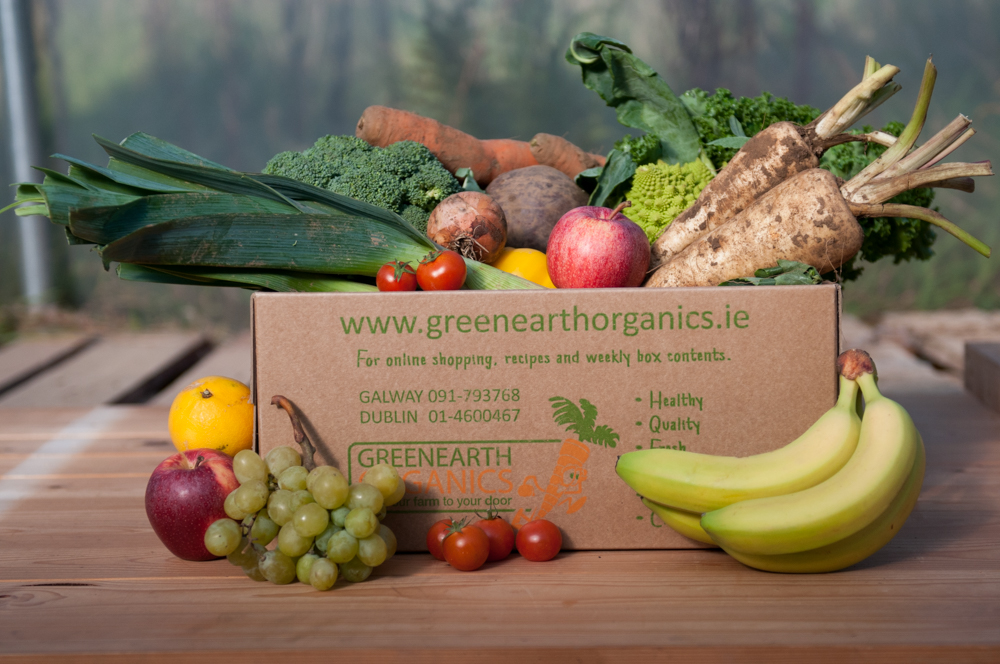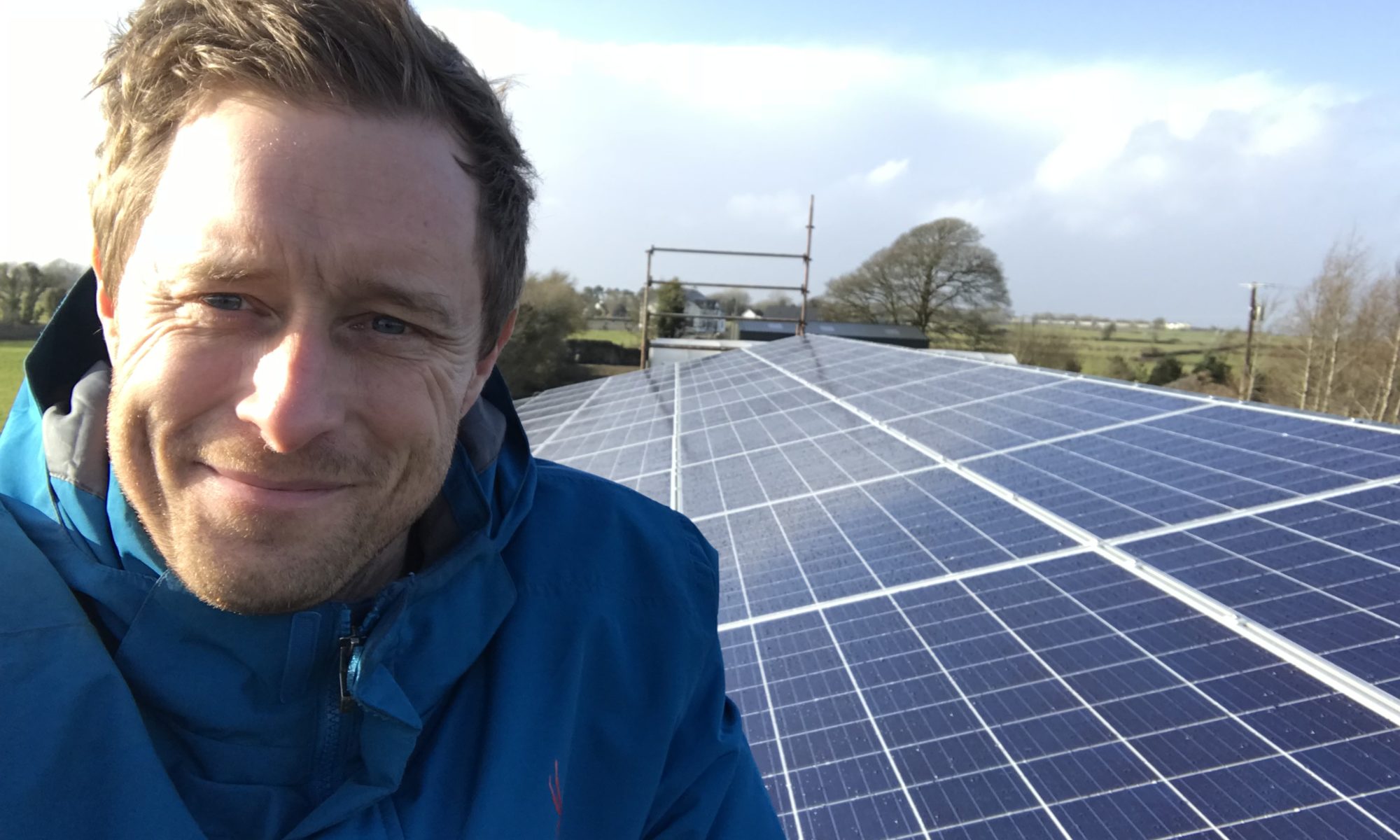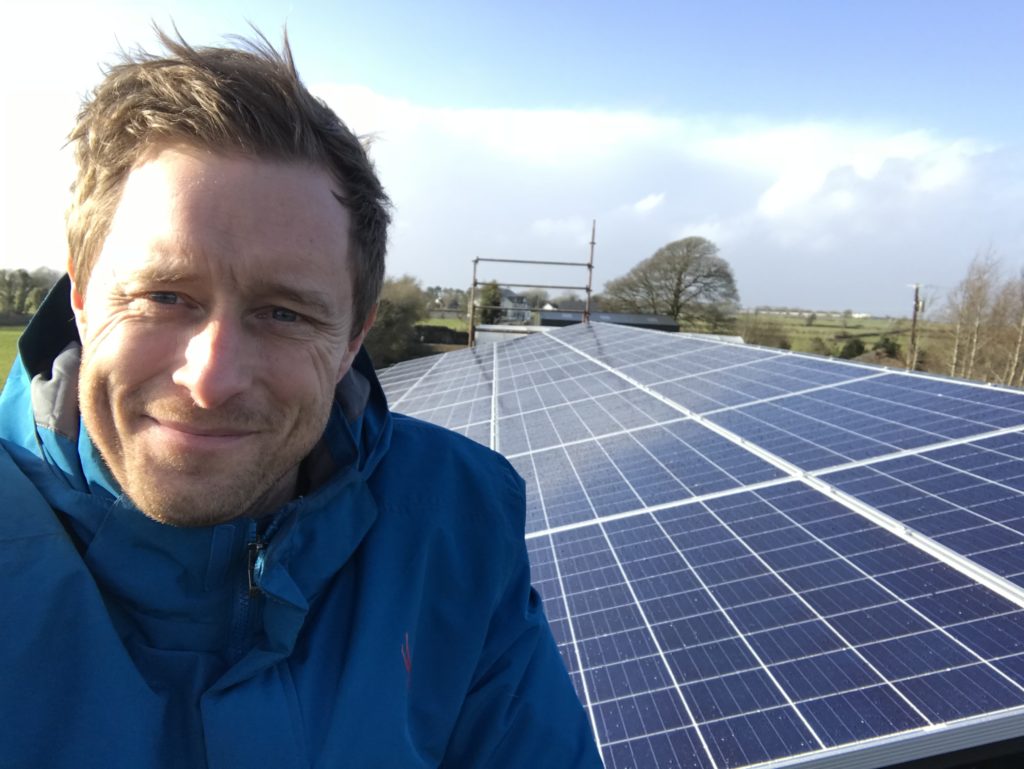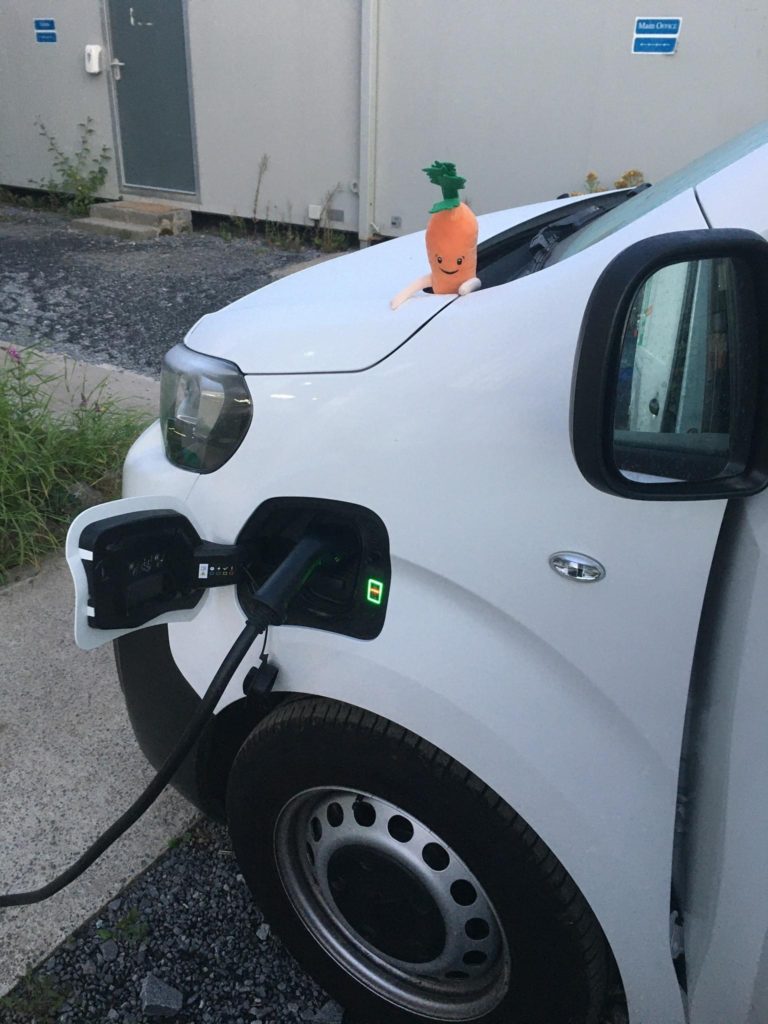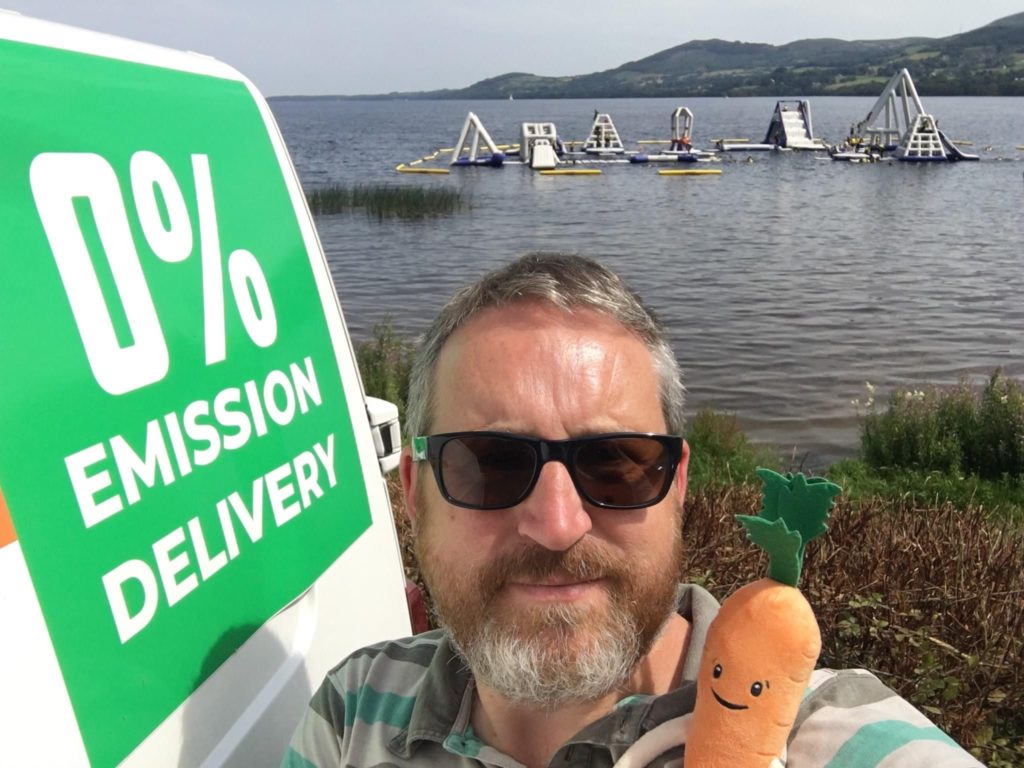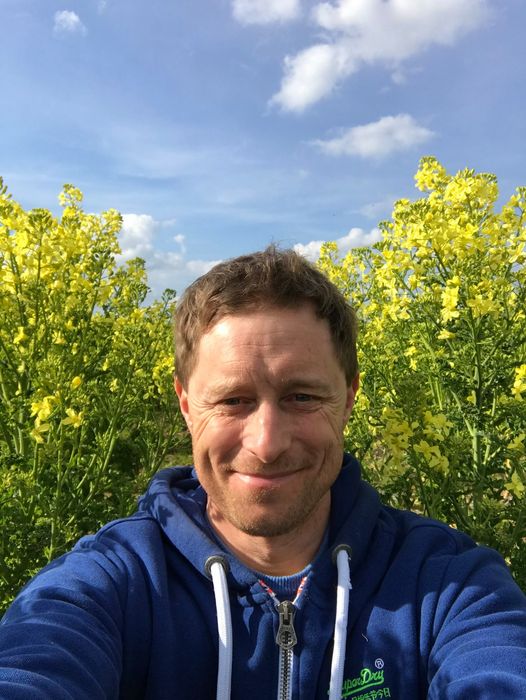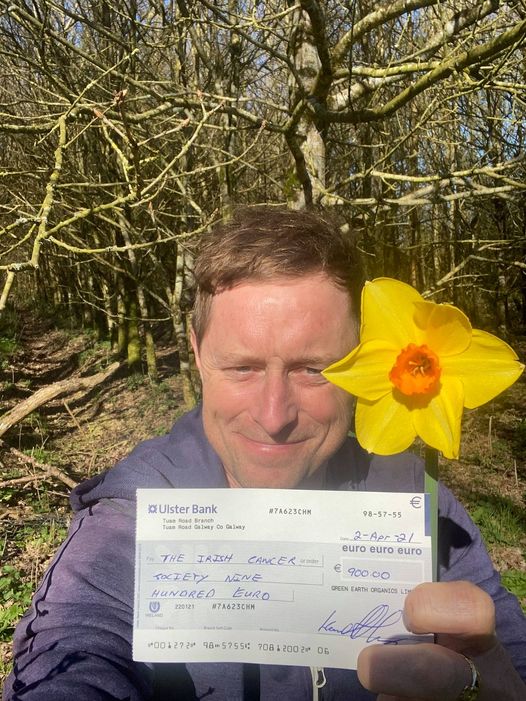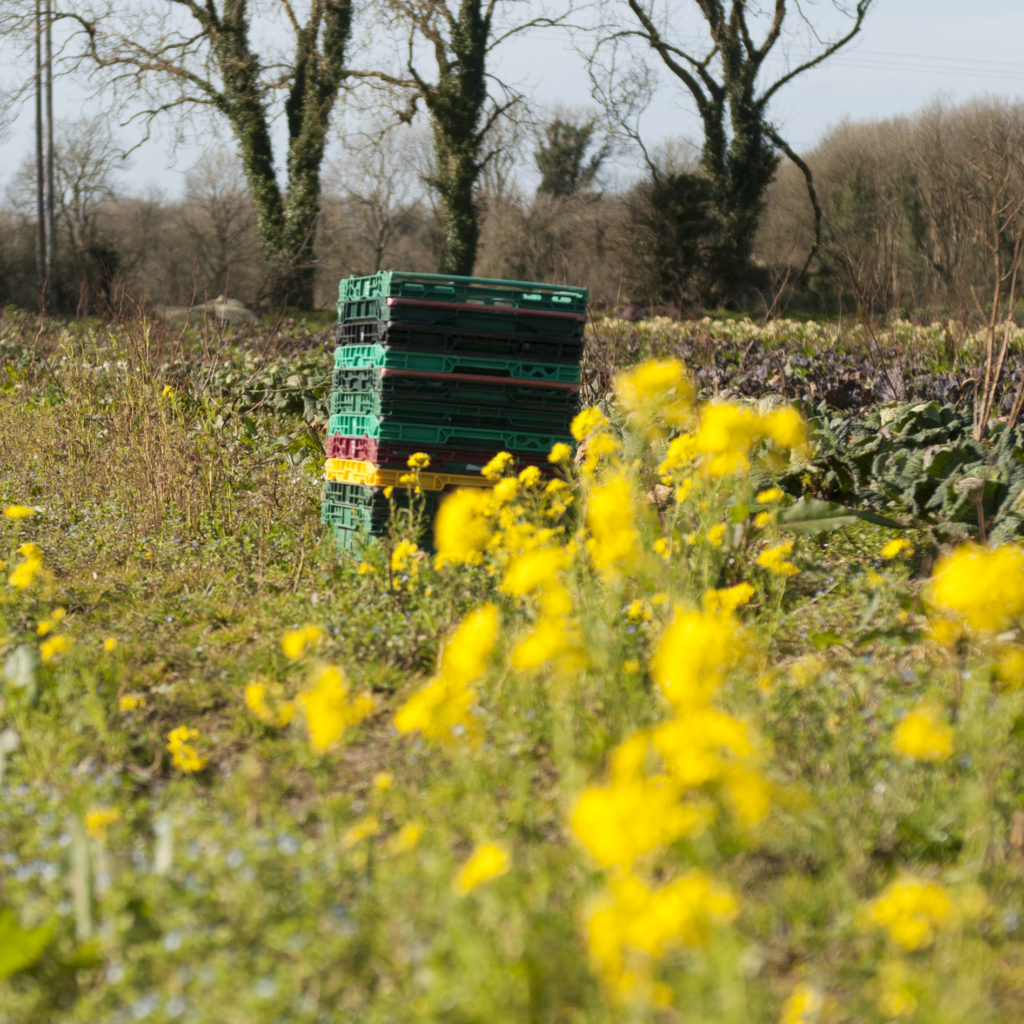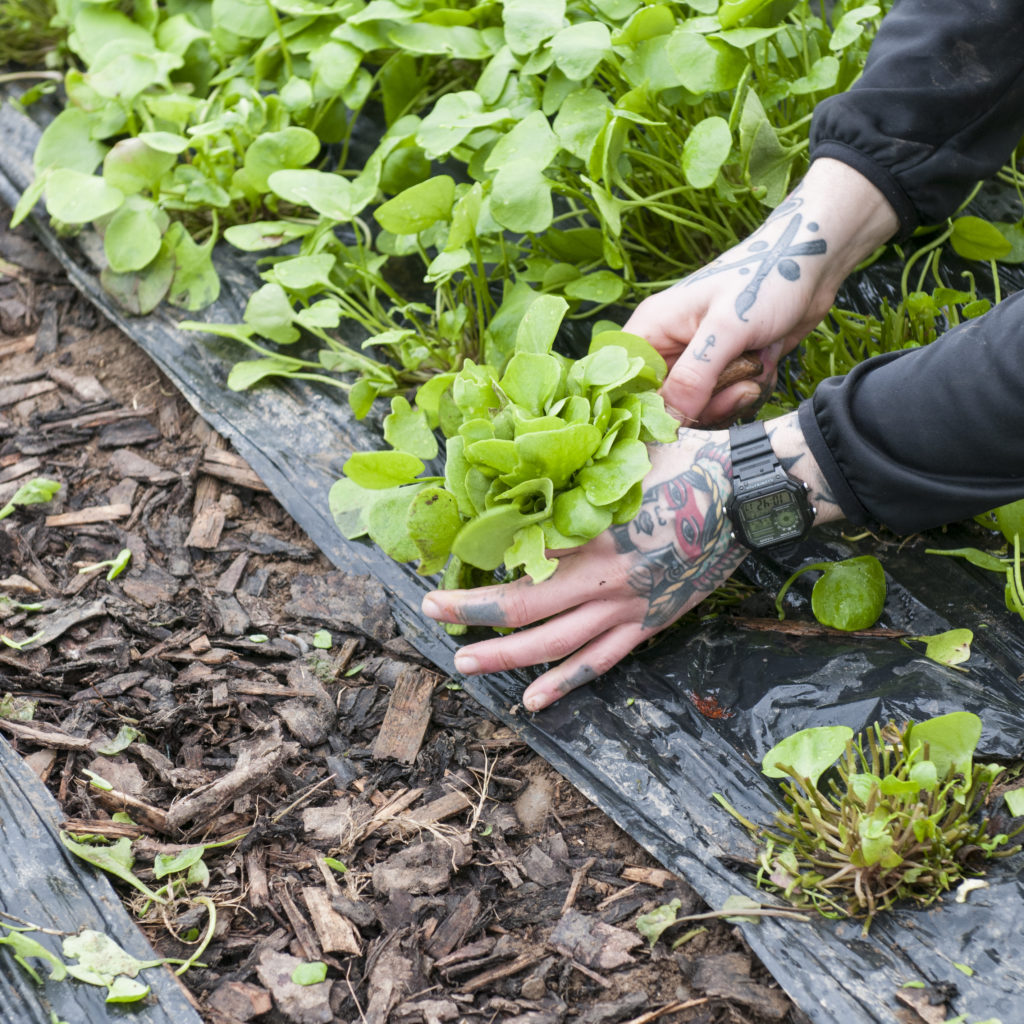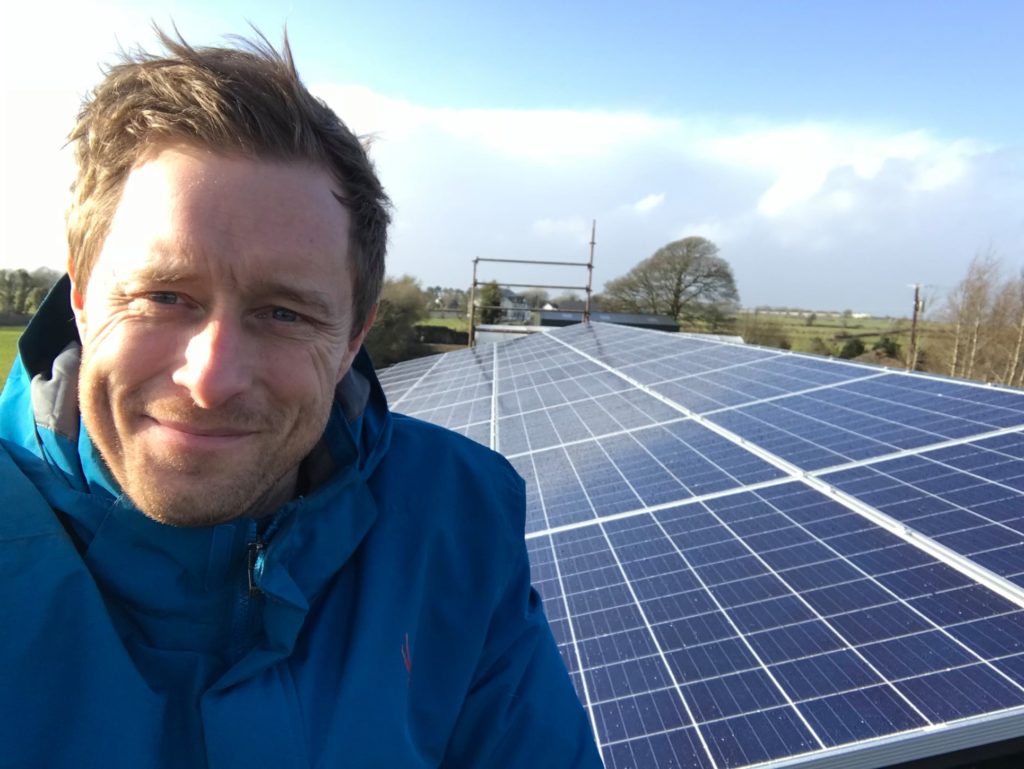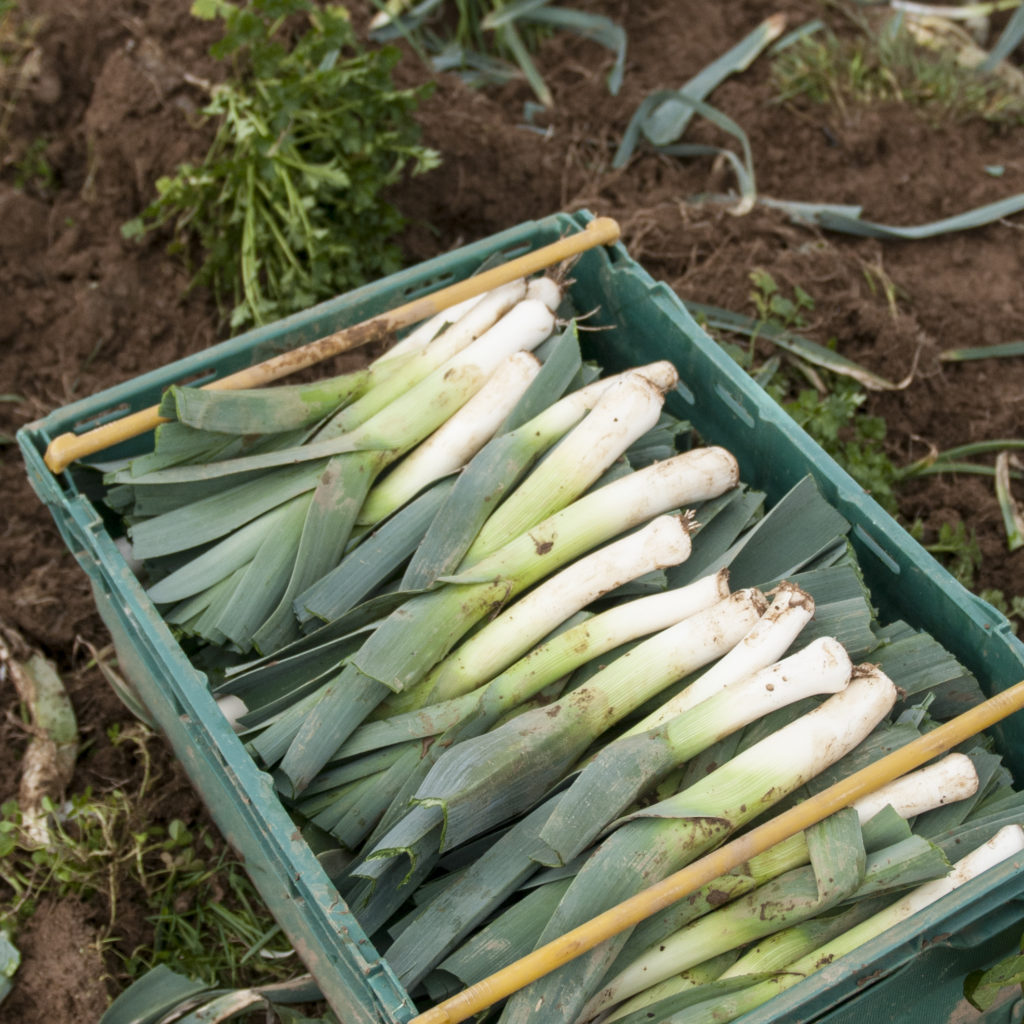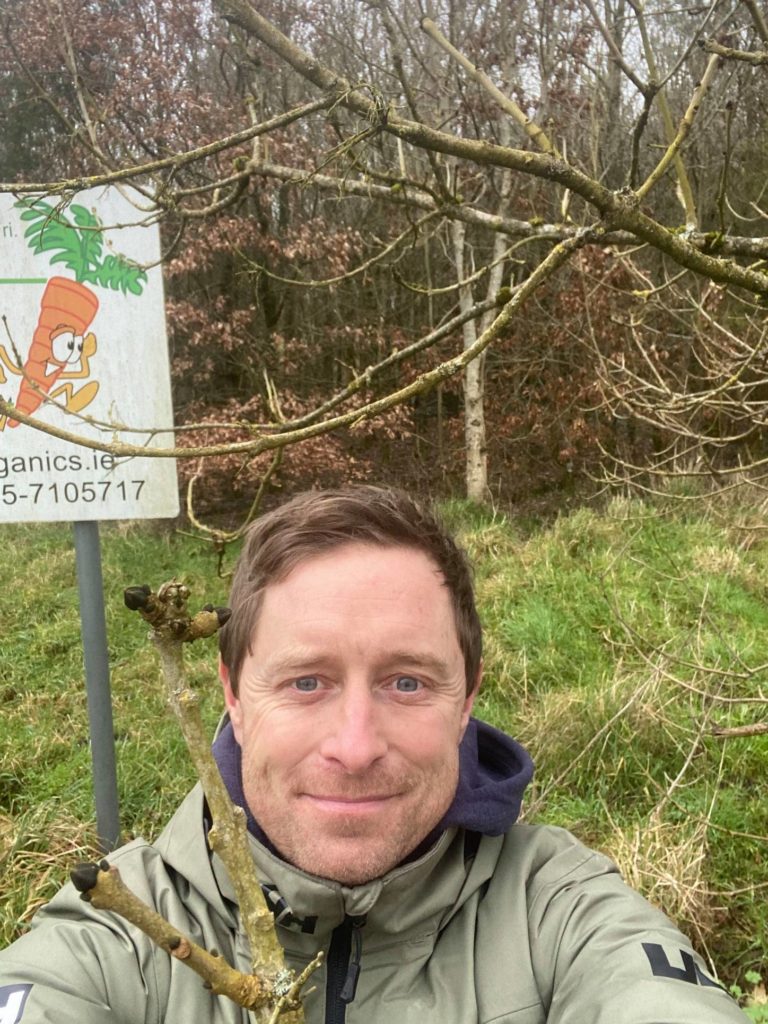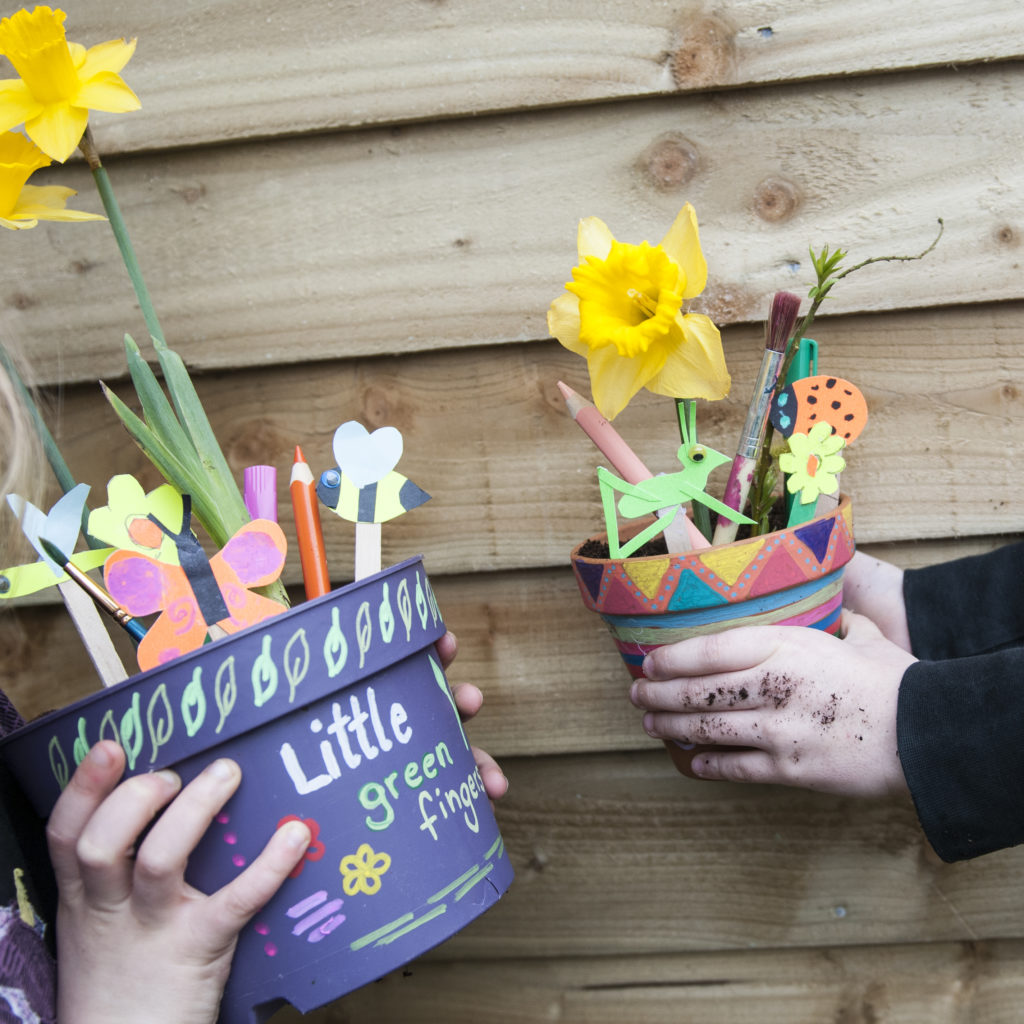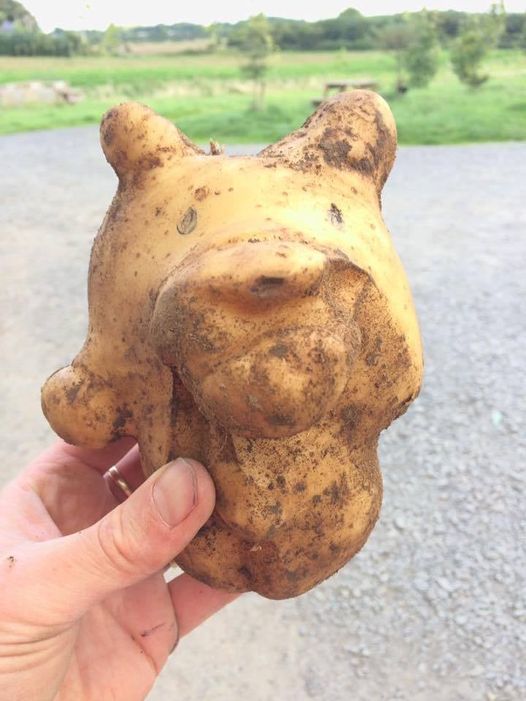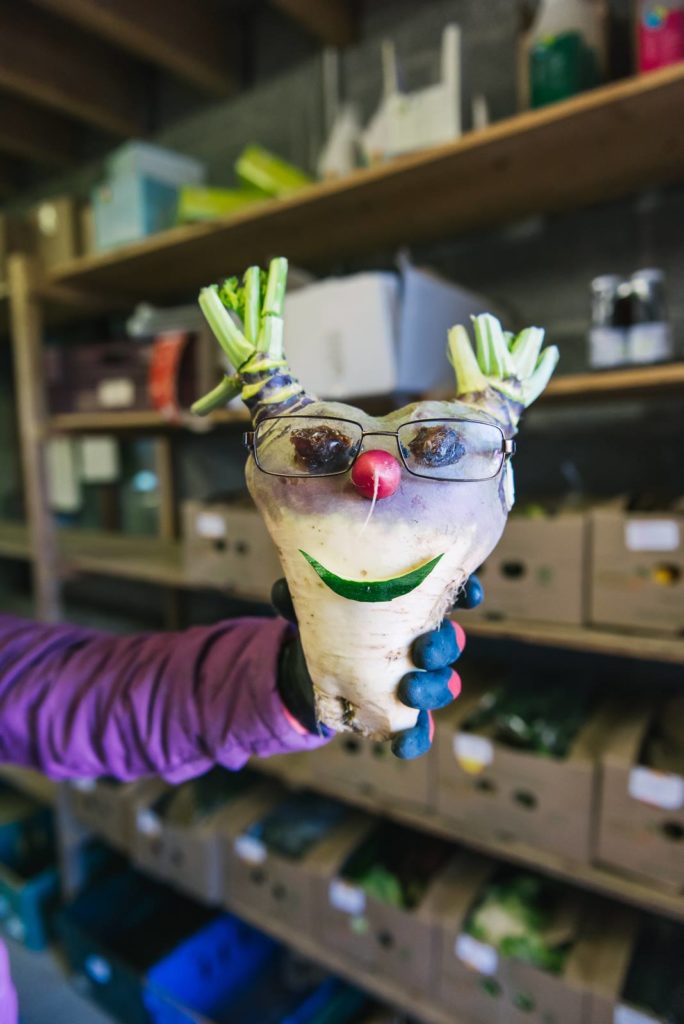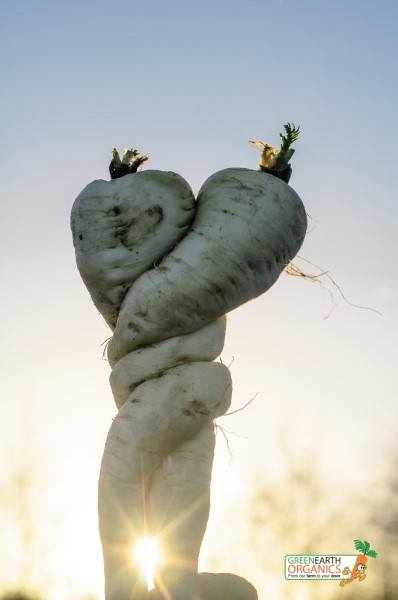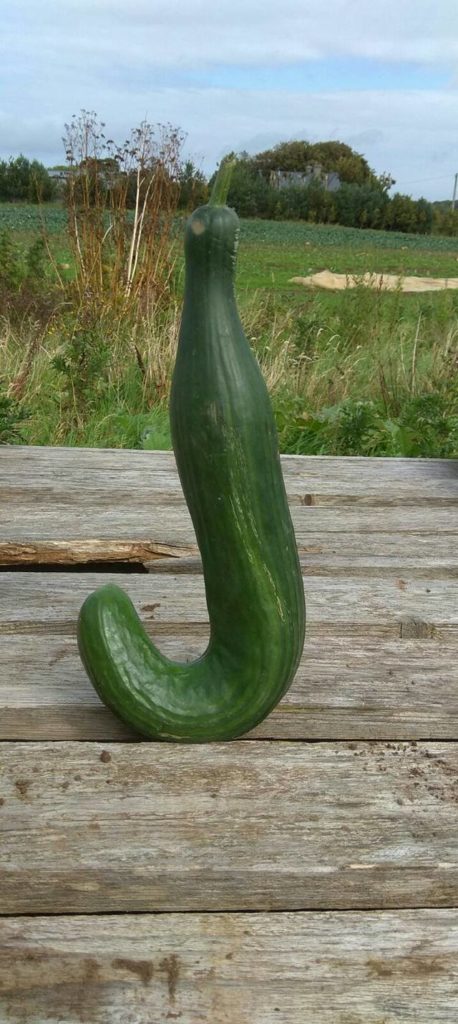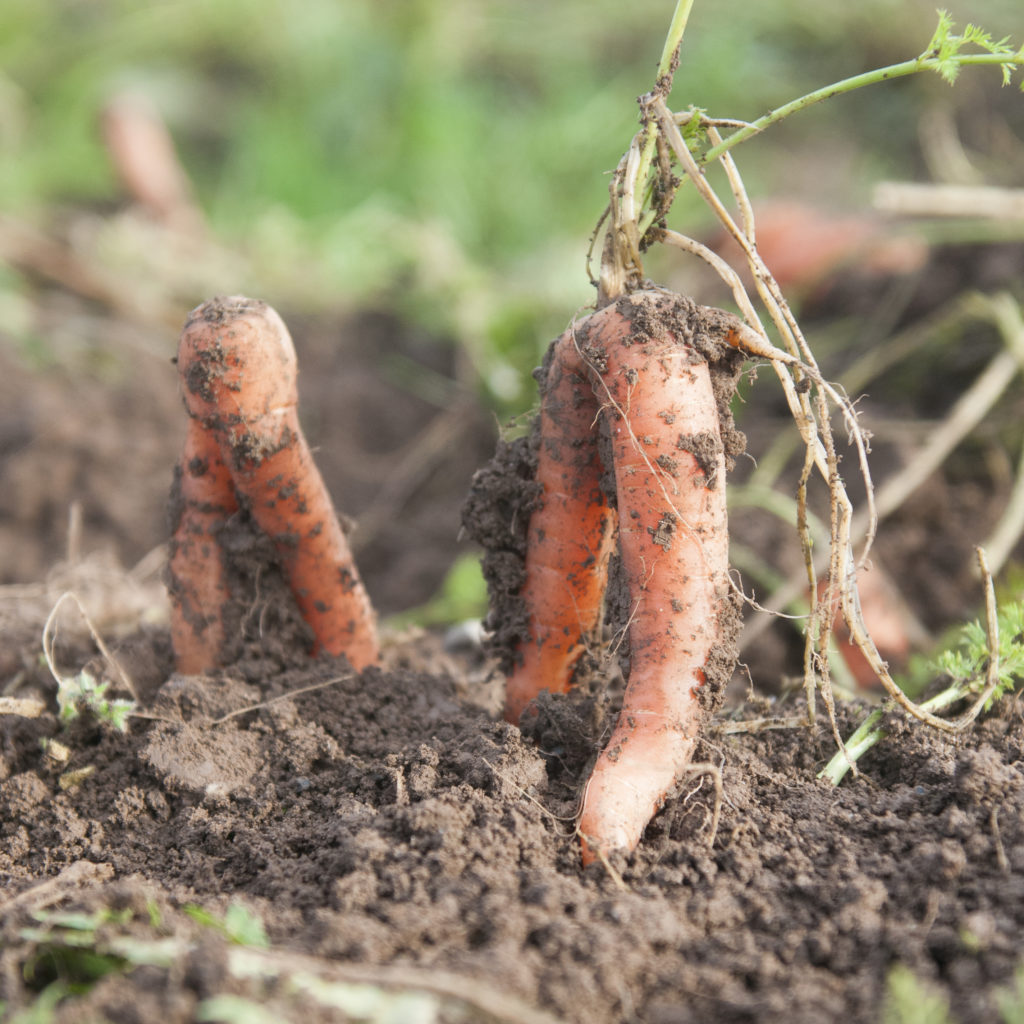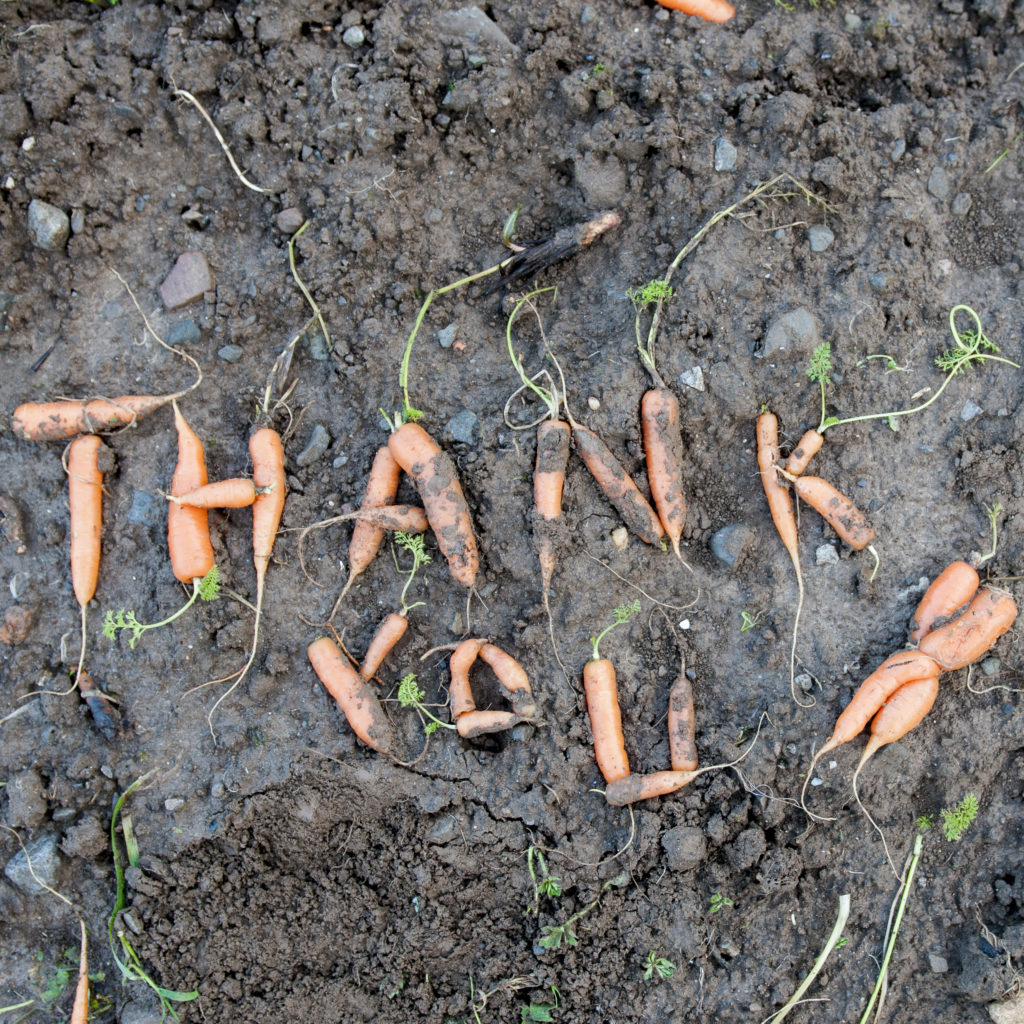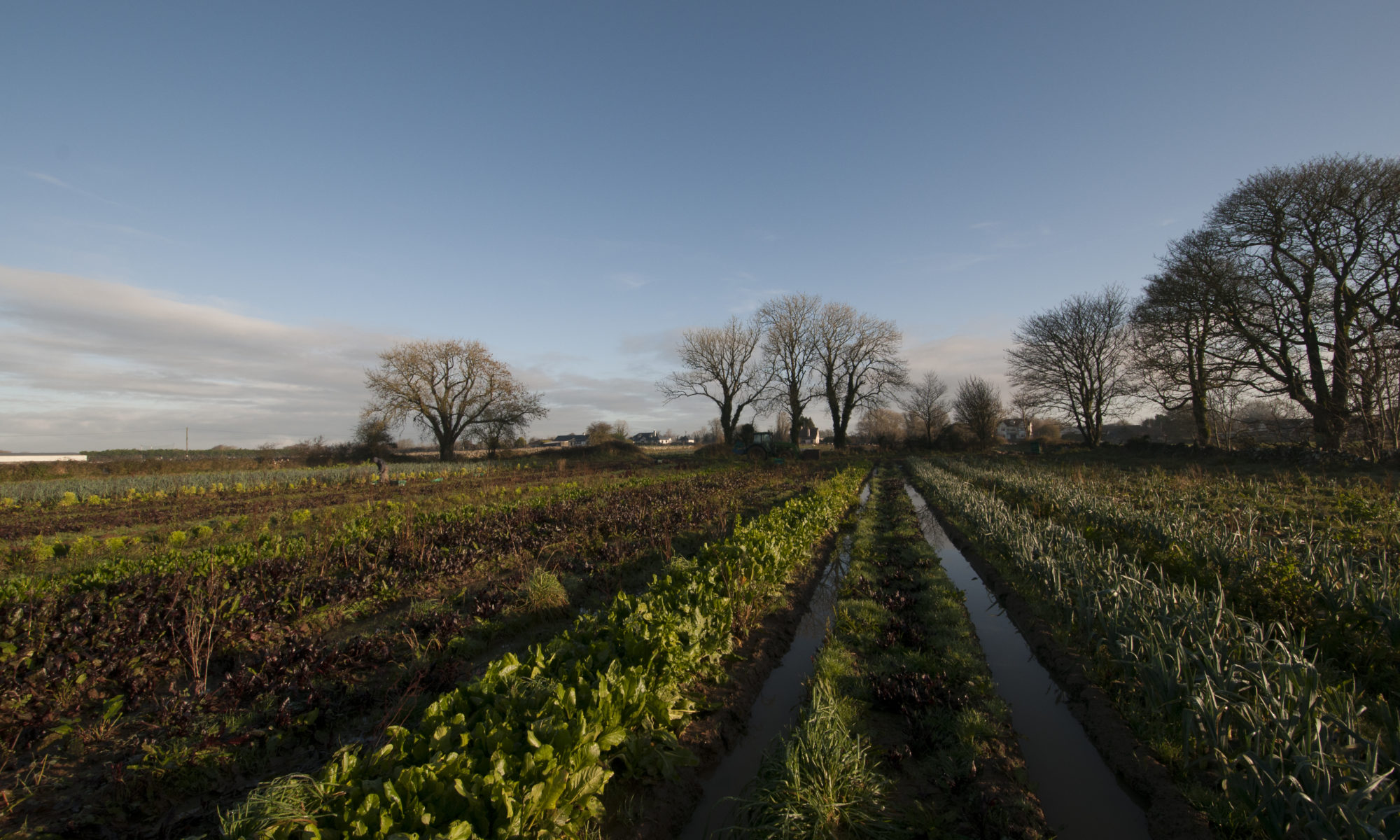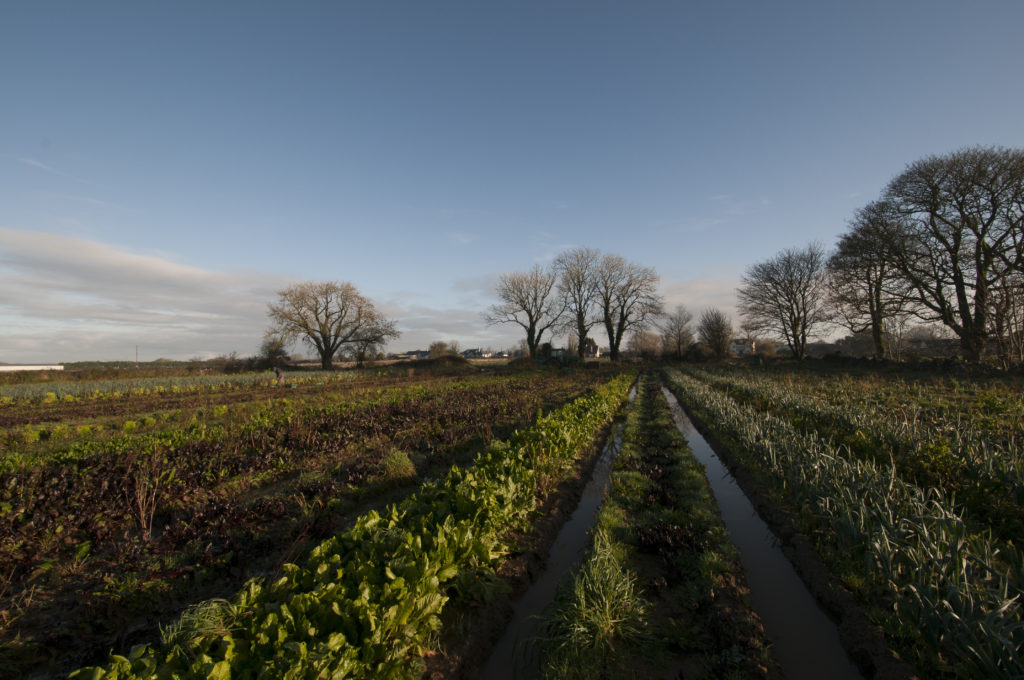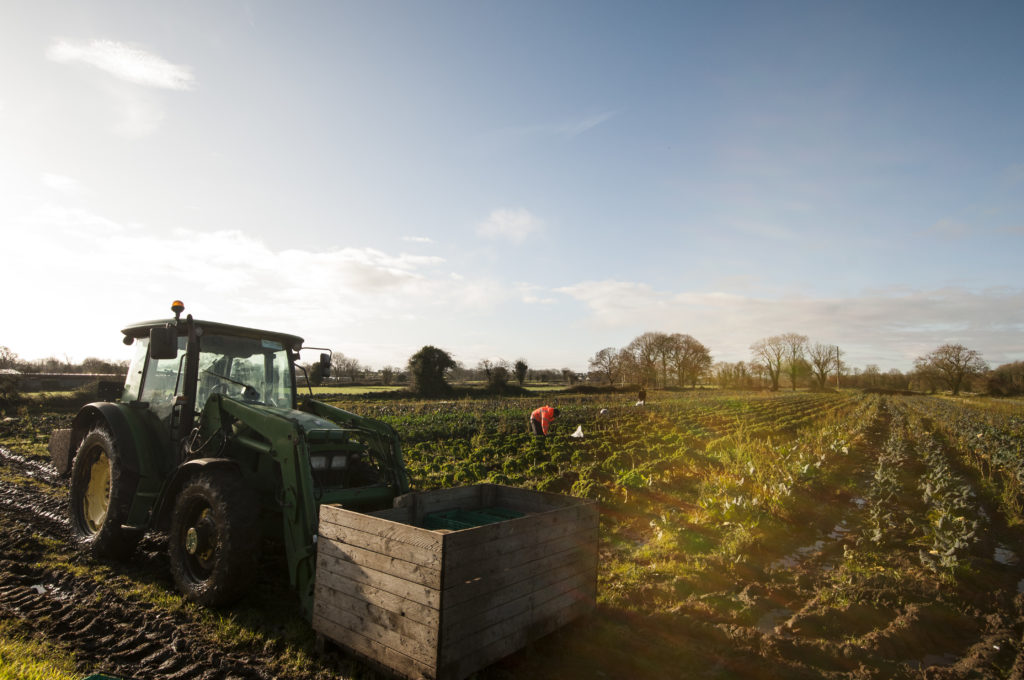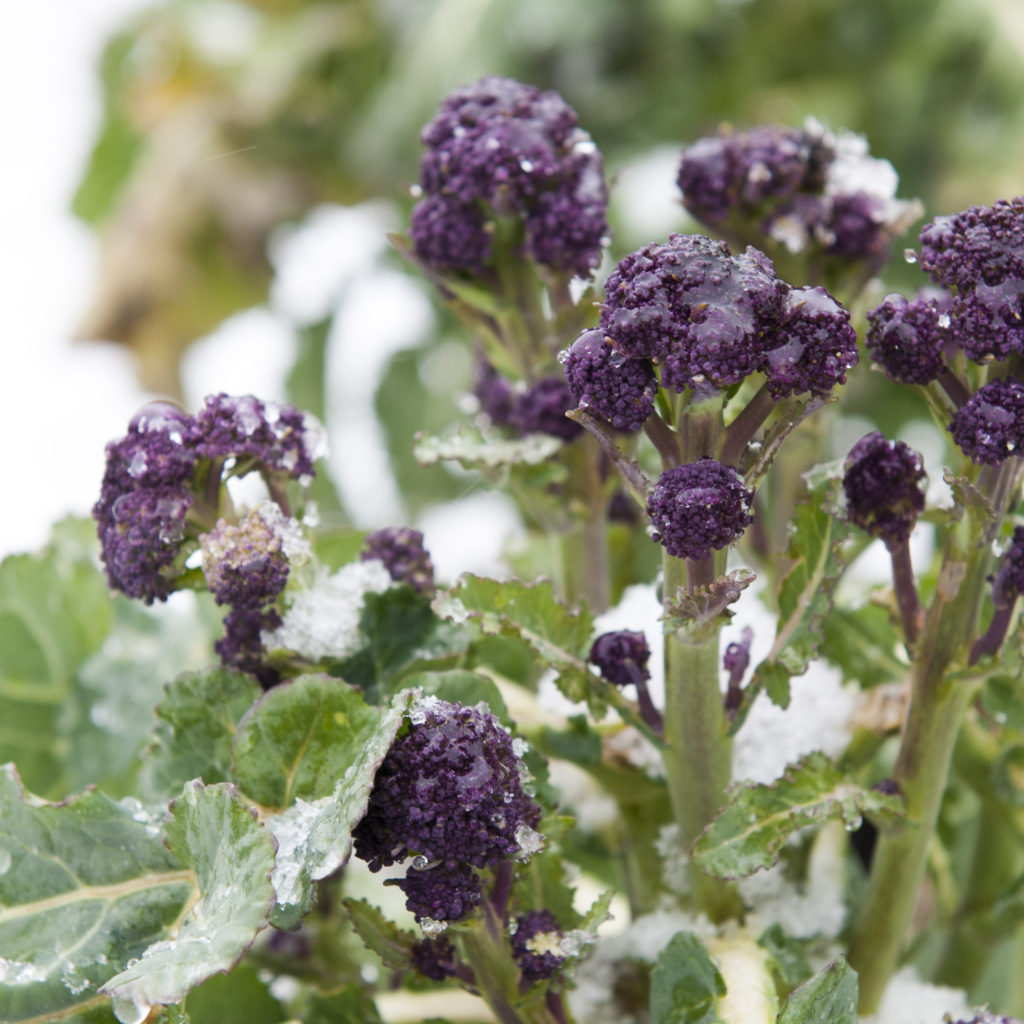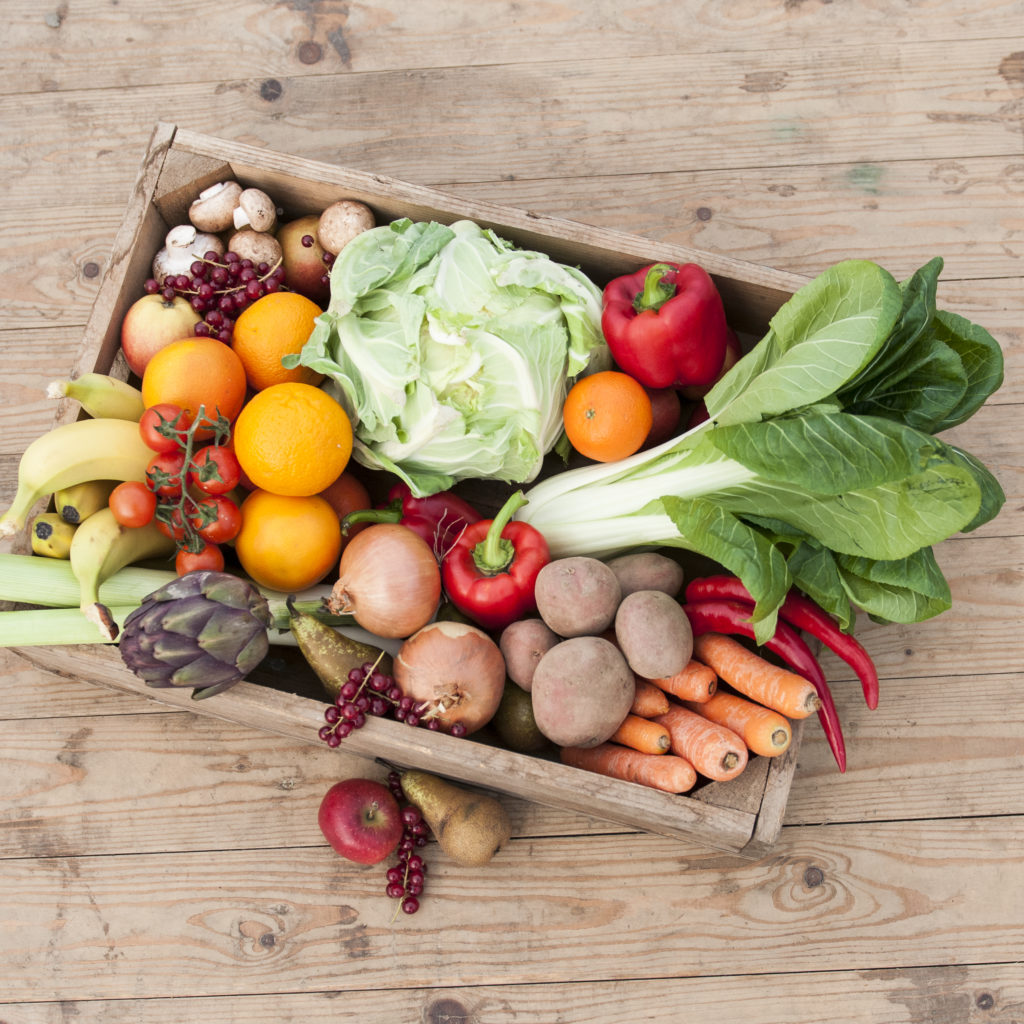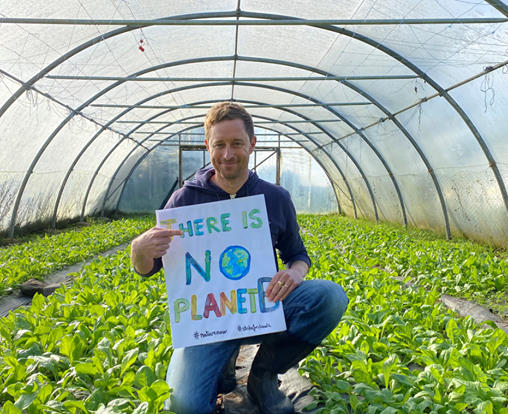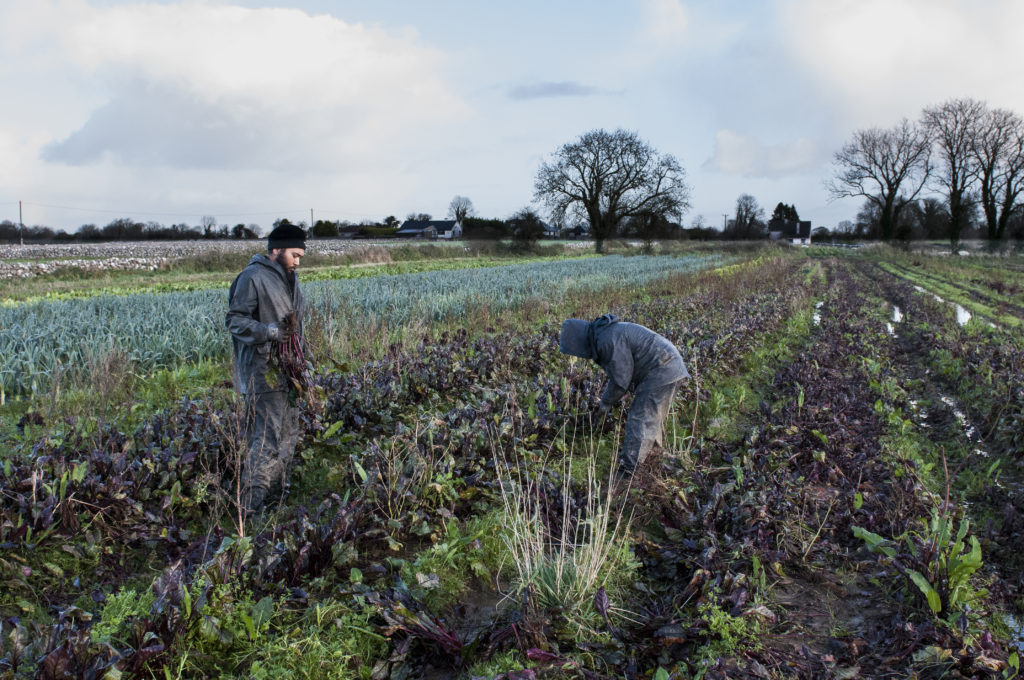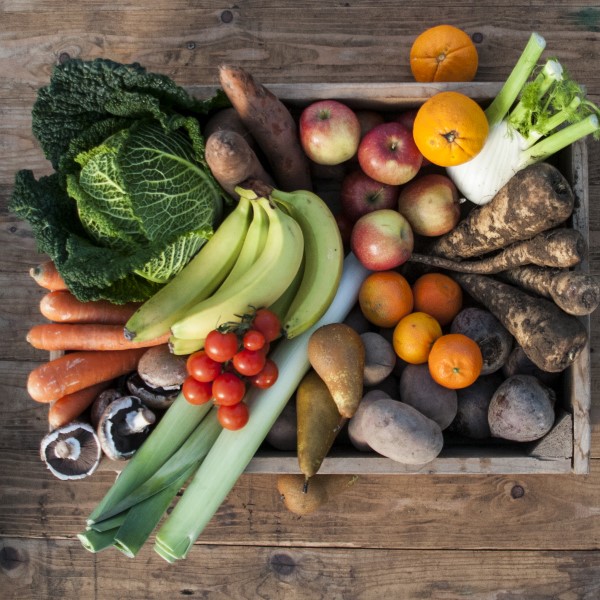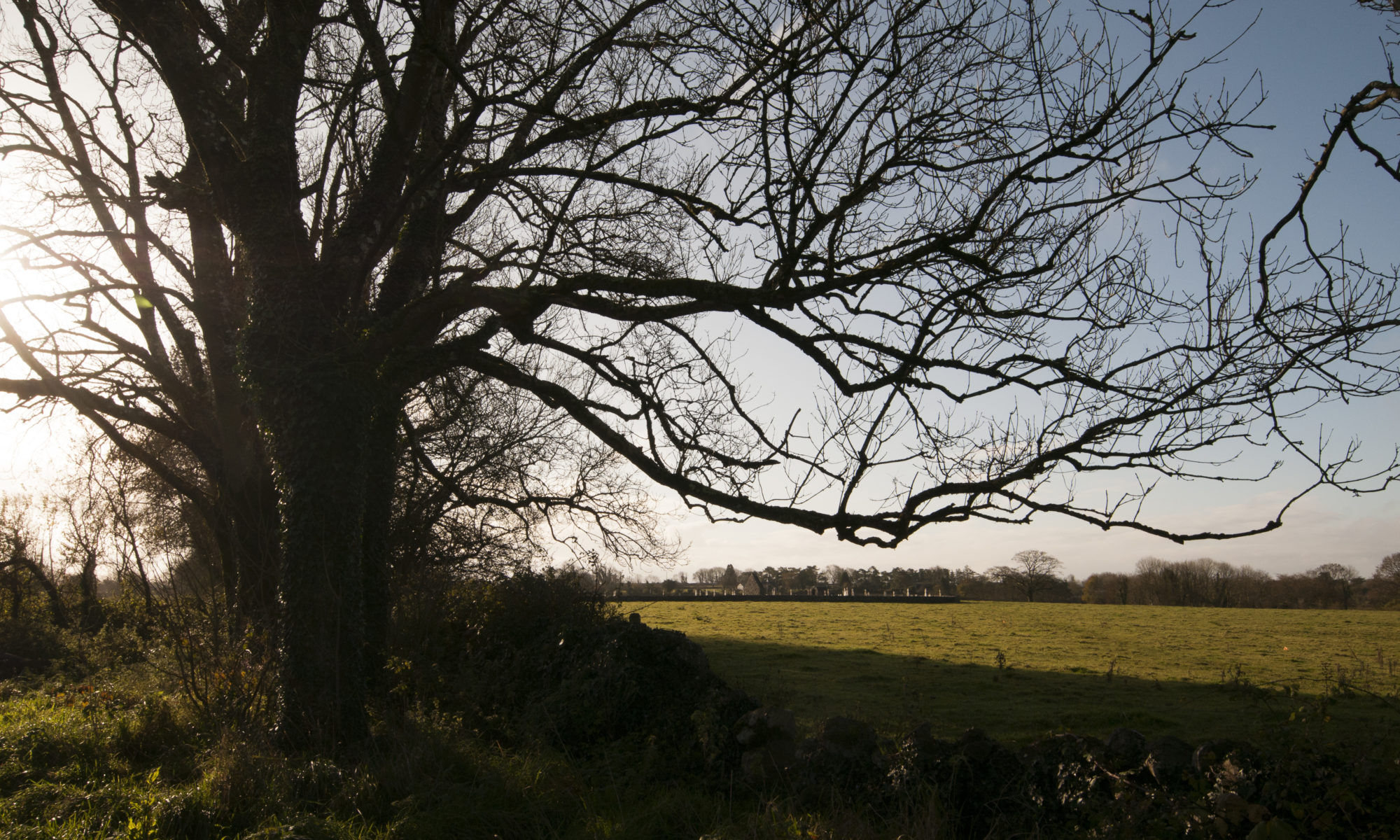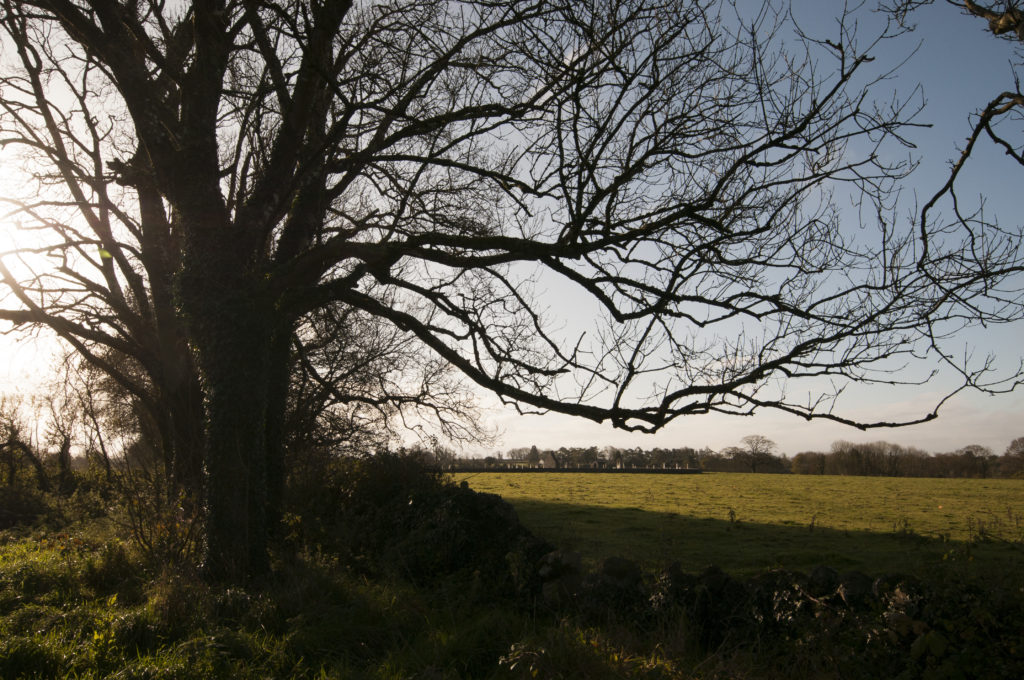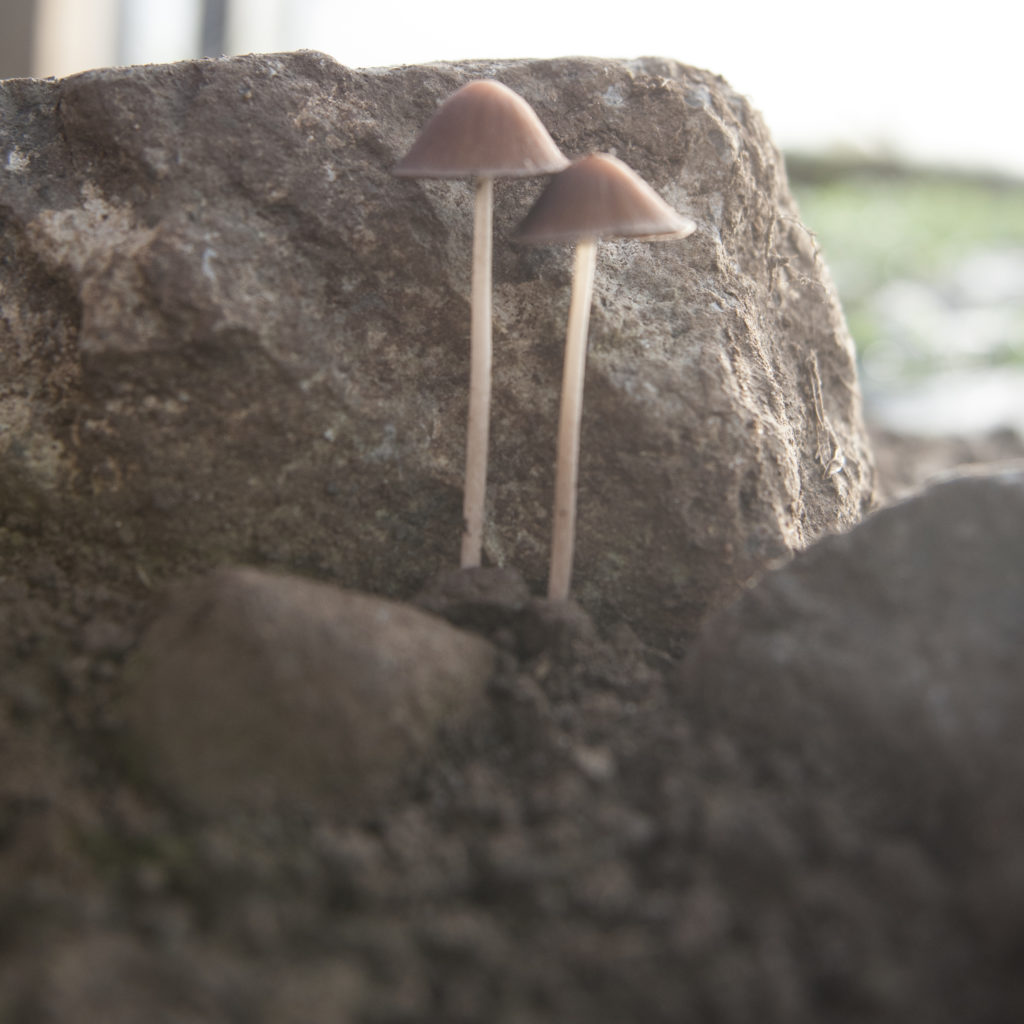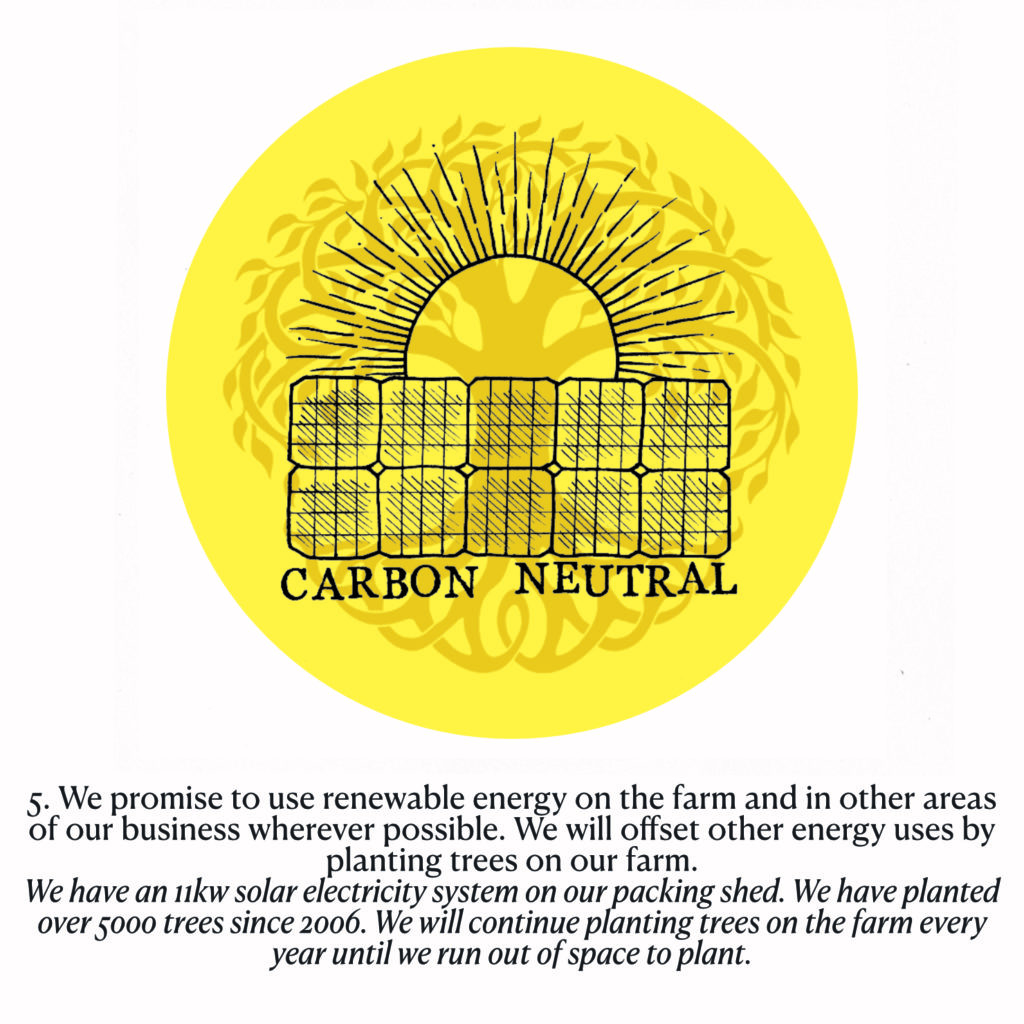I met Gerry who looks after the beehives on our farm a couple of weeks back. He comes onto the farm once or so a week and checks on the bees. On the day we met there was two acres of phacelia (a beautiful purple flower) swaying in the wind behind us and it was covered in bees. Gerry looks after 6 apiaries and of the 6 the one on our farm produces three times more honey than any of the others. The bees are vibrant and strong, and they are in amazing health.
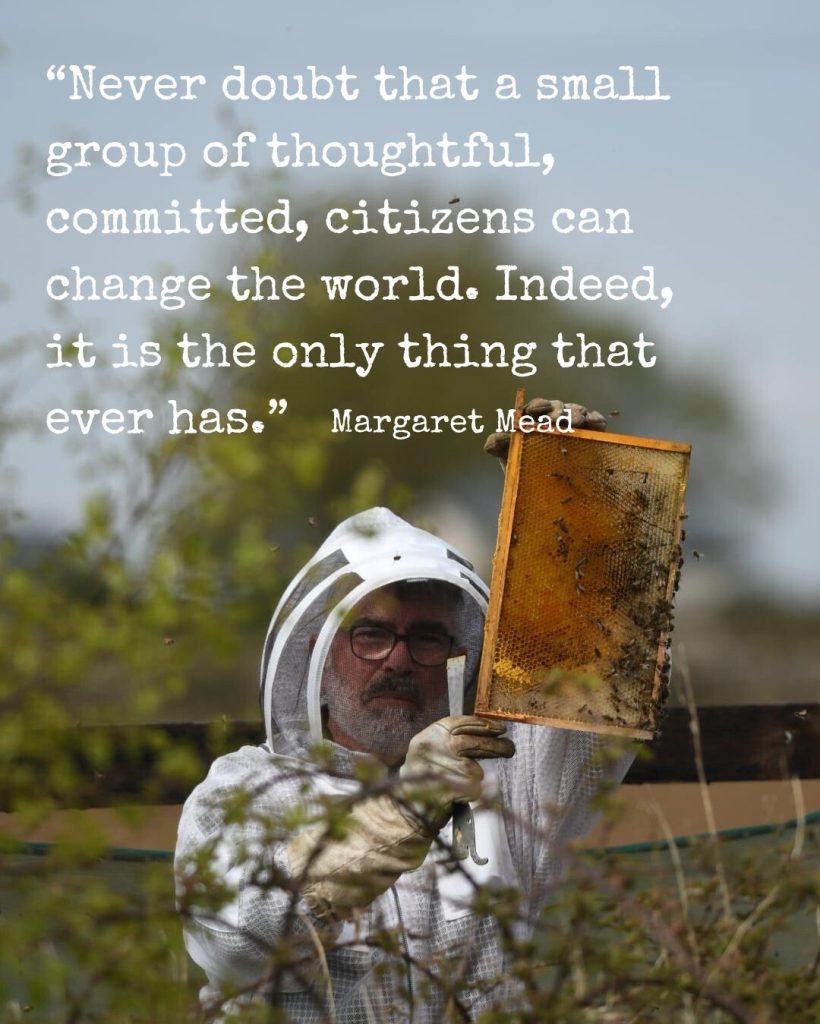
The reasons are not complex, they have an abundance of food, the phacelia being one major food source, but not only that, the early apple blossoms, the courgette flowers, the tomato flowers, the cucumber flowers and all the flowering weeds (good and not so good) that spring up between the plants. The bees are thriving.
The bees have little reason to roam further than our farm and as result they never encounter agrochemicals routinely used in conventional agriculture that can damage our pollinators. One class of chemical that is thankfully now banned were the neonicotinoids, these chemicals when used damaged bee health by affecting their immune system, navigation skills, capacity to forage and communicate, and ability to reproduce.
Without the bees and the other hosts of pollinators we rely on for our modern-day food system we would not be living such a life of food luxury. Our always on food system, the year-round availability is only possible due to a complex and precarious food system and a logistics chain that spans the planet. It is a system dependent on large scale production of crops, heavily dependent on agrochemicals and cheap labour in other parts of the world. We have seen this year that as the climate crisis deepens, climate shocks to our food system can be sudden and deep, the future effects of the climate crisis on our relatively fragile food system will be large.
Nature is a complex web of interactions, it is strong and resilient and can recover from manmade interference, but when we continuously damage nature, or change the climate that local ecosystems work in then we risk damaging nature and our ability to grow food immeasurably.
But, as with the bees on our farm, when we get it right and give a little back then the results can be startling, amazing and larger than anything we expect, and we reap the benefits too: as food producers we have a bumper courgette and tomato crop. The phacelia adds organic matter back to the soil when we cut it, and it allows us to grow something for nature while resting the land.
Something so simple as growing a strip of wildflowers or planting a small area of trees makes a massive positive difference to nature, surely instead of focusing purely on intensification of farming activities, it would not be so hard to weave this into our current agriculture policy as a critical requirement of all farms.
The bees are one of our constant companions here on the farm, but there is a myriad of other unsung heroes that quietly go about their business and never get the recognition they deserve. The flies and beetles, the butterflies and birds, the bacteria and fungi, this whole beautiful complex web of nature all working together help produce better food and make up a rich and vibrant local ecosystem.
Whilst there is much to be done, there is much that is within our power too. Removing chemicals from this chain of life is one clear step we can take to make an instant and recognisable difference to the diversity of nature we share this world with. Choosing more local food strengthens our local food system and crucially reduces our carbon foot print too.
As always it is your support that makes it possible here on our farm and the farms of our other supporting farmers to do the right thing.
“Never doubt that a small group of thoughtful, committed, citizens can change the world. Indeed, it is the only thing that ever has.”
Kenneth

